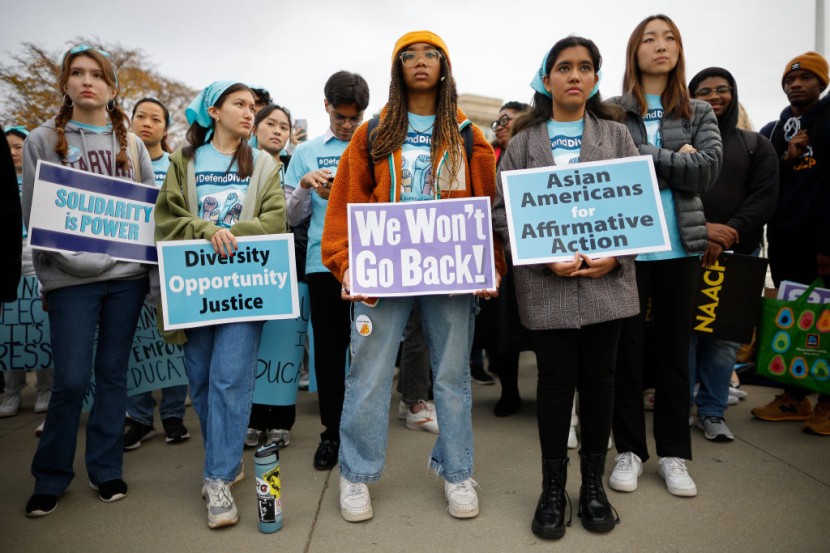
The Supreme Court recently rejected affirmative action in college admissions, a decision that White women generally support despite being the ones who benefit most from the process.
One of the supporters of the recent decision is Abigail Fisher, whose dream school was the University of Texas, Austin. The resident was from Sugar Land, Texas, and was able to earn a 3.59 GPA in high school and had a score of 1180 on the SATs.
White Women Benefit Most From Affirmative Action
However, despite her grades, she needed help to secure a slot for the highly selective UT Austin in the fall of 2008. When the school denied her admission, Fisher's hopes and dreams were struck down.
The woman sued the school in response, arguing that applicants of color, whose racial backgrounds were included as a component of the university's holistic review process, were less-qualified students compared to her but were able to displace her.
Students who can graduate in the top 10% of any Texas high school are immediately granted a slot at UT Austin. Several other students are evaluated through a holistic review process.
This process includes a race-blind review of essays and creating a personal achievement score based on leadership potential, honors and awards, work experience, and special circumstances with socioeconomic considerations, such as race, per Vox.
On the other hand, a few students are accepted through provisional slots that include attending a summer program before the fall. Under these terms, one Black student, four Latino students, and 42 other White students with lower scores than Fisher were accepted into the university.
The school also rejected 168 African-American and Latino students with better scores than Fisher. Court documents showed that even if Fisher received a perfect personal achievement score that included race, she still would have been able to qualify under the university's admission rubric.
Fighting Against the Process
Furthermore, when Fisher applied for the class of 2012, the university's admission rate for non-automatic admits was more competitive than that of Harvard University. But the White woman has fought for her stance in court for the last seven years.
While many people associate affirmative action with efforts to end racial discrimination, scholars argue that the greatest beneficiaries of such a process are White women. The group is considered to be more educated in modern times. According to USA Today, it makes up a bigger part of the workforce as a result of affirmative action policies.
Furthermore, White women were found to have made inroads into corporate leadership that people of color and women of color generally have not. And on Thursday, the Supreme Court struck down affirmative action admissions policies from Harvard University and the University of North Carolina.
One study conducted in 1995 showed that 6 million women, the majority of whom were White, had jobs that they did not have otherwise if it were not for the help of affirmative action. According to the Time, another study showed that women could make greater gains in employment at companies that do business with the federal government.
© 2026 HNGN, All rights reserved. Do not reproduce without permission.








